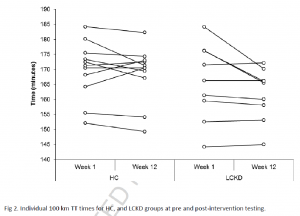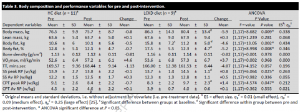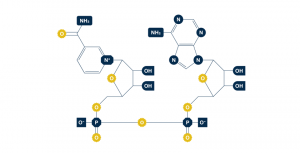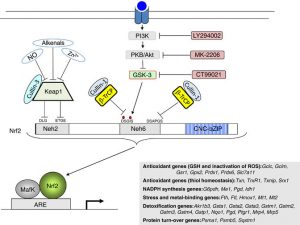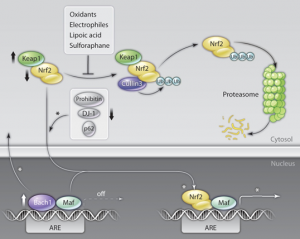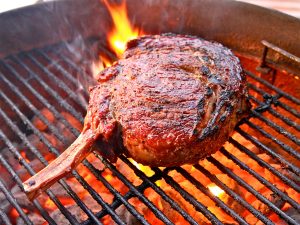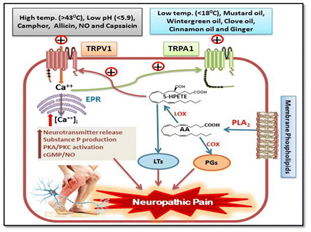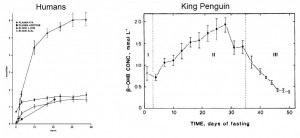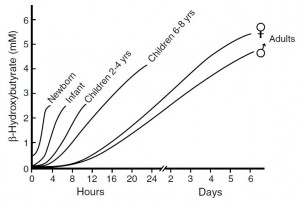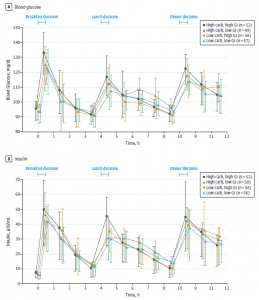and by some metrics, at least in this study, might even improve it.
Ketoadaptation enhances exercise performance and body composition responses to training in endurance athletes (McSwiney et al., 2017)
[Patron link]
Advantage of this study over previous ones: 12 weeks. I believe the choice to opt for self-selection over randomization was to improve adherence (which was pretty good for this 12 week-long study). Downside is, well, it’s not randomized. Crossover RCT is best but it’s always a trade-off: sample size, duration, tools, etc., everything has a price. Literally.
Tl;dr: Ketoadaptation doesn’t diminish performance at high intensity even after “draining the tank.”
The study: we aren’t told much about the diets, just high carb vs. ketogenic. And keto group was advised to drink broths for salts, mins, electrolytes, etc.* Speaking of which 🙂 Kettle & Fire is offering 20% off their delish broths/stock HERE.
*I don’t think this qualifies as cheating in this #context.
Before and after the 12-week dietary intervention, a battery of tests were performed: a six second all-out bicycle sprint (SS), immediately followed by a 100 km time trial (TT), immediately followed by a 3-minute sprint (CPT).
These were well-trained, healthy individuals who continued their training throughout the study. This & duration are two important nuances of this study (more on this below).
The biggest finding …*drumroll* … significantly greater fat loss in the keto group and this wasn’t even a weight loss study. They also jacked up protein intake so they didn’t lose muscle mass. Protein declined in the high carb group, but they were able to maintain muscle because carbs increased.

WHERE HAVE WE SEEN THIS BEFORE
HINT: HERE
Whether they knew it or not, this study was designed to test peak power output before (SS) and after (CPT) exhaustively draining the tank (TT). The theory is that ketoadaptation: 1) spares glycogen so there’s some juice left in the tank for the second peak power test, although racing 100 km is pretty tough so there couldn’t have been much juice left in either group; and 2) ketoadaptation relies more on fatty acids at every level of output, as evidenced by the RER figure (below). Fuel usage comes close at high levels of output (both groups rely more heavily on glucose), but ketoadapted is always a little lower (eg, see the right-most point in the figure below). And fat stores are basically limitless whereas glycogen is not. This may or may not have been a factor here.
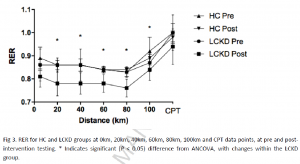
PEAK PERFORMANCE
I don’t know why the authors reported peak power relative to body weight. I could understand lean mass, maybe, but keto lost a lot of weight via body fat. If peak power remained the same (as has previously been shown), it would [falsely] appear to increase in this study.
For a more nuanced interpretation of this study (which is good, I promise!), head over to Patreon! Five bucks a month for full access and there are many other options. It’s ad-free and you can cancel if it sucks 🙂
Also, I’m open to suggestions so feel free to leave a comment or email me directly at drlagakos@gmail.com.
Affiliate discounts: if you’re still looking for a pair of hot blue blockers, Carbonshade is offering 15% off with the coupon code LAGAKOS and Spectra479 is offering 15% off HERE. TrueDark is running a pretty big sale HERE. If you have no idea what I’m talking about, read this then this.
20% off some delish stocks and broths from Kettle and Fire HERE.
If you want the benefits of ‘shrooms but don’t like eating them, Real Mushrooms makes great extracts. 10% off with coupon code LAGAKOS. I recommend Lion’s Mane for the brain and Reishi for everything else.
calories proper
Become a Patron!
